Home / health-care / Precision Oncology: Transforming Lung Cancer Diagnosis and Treatment in India
Precision Oncology: Transforming Lung Cancer Diagnosis and Treatment in India
By: My India Times
2 minutes read 107Updated At: 2024-11-26

Lung cancer remains a global health challenge, with approximately 2.2 million new cases annually, accounting for 18% of all cancer-related deaths, according to the International Agency for Research on Cancer. In India, lung cancer continues to be a leading cause of mortality. However, advancements in molecular diagnostics, genetic profiling, and targeted therapies are paving the way for better outcomes and personalized care for patients.
A Landmark Study in India: Advancing Lung Cancer Research
To mark Lung Cancer Awareness Month, Metropolis Healthcare conducted a seven-year study (2015–2021) on over 3,200 patients diagnosed with lung cancer. The research focused on the molecular and clinicopathological features of non-small cell lung cancer (NSCLC), the most common type of lung cancer.
Key highlights from the study include:
- Adenocarcinoma, a subtype of NSCLC, accounted for 83% of cases, while squamous cell carcinoma made up 17%.
- EGFR mutations were observed in 29.1% of patients, making this the most common genetic alteration.
- Alterations in ALK (7.8%) and ROS1 (3.5%) genes were identified, both of which are significant targets for therapy.
- EGFR mutations were more prevalent in younger patients and females, with specific changes noted in exon 19 (65.6%) and exon 21 (32.1%).
The Role of Molecular Profiling in NSCLC
Molecular profiling has become indispensable in lung cancer care. Next-Generation Sequencing (NGS), a breakthrough technology, enables oncologists to identify multiple genetic mutations simultaneously, offering insights into a tumor’s unique molecular characteristics.
The 2017 NCCN guidelines prioritized genetic testing for key mutations like EGFR, ALK, and ROS1 in NSCLC. By 2023, the ESMO guidelines expanded this list to include biomarkers such as BRAF, MET, HER2, and KRAS G12C, reflecting the growing understanding of lung cancer’s genetic complexity.
Personalized Cancer Treatment: The Precision Oncology Advantage
The ability to decode a tumor's genetic profile has led to the development of targeted therapies. These therapies block specific pathways that drive cancer growth, offering patients a customized treatment plan with fewer side effects than traditional chemotherapy.
Dr. Kirti Chadha, Chief Scientific and Innovation Officer at Metropolis Healthcare, highlighted the importance of this approach:
"Molecular analysis forms the foundation of precision medicine, allowing clinicians to tailor treatments to each patient’s unique genetic makeup. This improves effectiveness and aligns therapies with individual needs, significantly enhancing patient outcomes.â€
The Future of Lung Cancer Care in India
India stands at the cusp of a diagnostic revolution with advancements in liquid biopsies, multi-gene panels, and AI-powered tools. However, challenges like accessibility, cost, and infrastructure need addressing to make these breakthroughs widely available.
Collaborative efforts between the government, private sector, and healthcare providers are crucial for integrating precision oncology into mainstream care. By expanding access to molecular diagnostics and investing in local manufacturing, India can lead the global fight against lung cancer and set new standards in personalized medicine.
....Lung cancer remains a global health challenge, with approximately 2.2 million new cases annually, accounting for 18% of all cancer-related deaths, according to the International Agency for Research on Cancer. In India, lung cancer continues to be a leading cause of mortality. However, advancements in molecular diagnostics, genetic profiling, and targeted therapies are paving the way for better outcomes and personalized care for patients.
A Landmark Study in India: Advancing Lung Cancer Research
To mark Lung Cancer Awareness Month, Metropolis Healthcare conducted a seven-year study (2015–2021) on over 3,200 patients diagnosed with lung cancer. The research focused on the molecular and clinicopathological features of non-small cell lung cancer (NSCLC), the most common type of lung cancer.
Key highlights from the study include:
- Adenocarcinoma, a subtype of NSCLC, accounted for 83% of cases, while squamous cell carcinoma made up 17%.
- EGFR mutations were observed in 29.1% of patients, making this the most common genetic alteration.
- Alterations in ALK (7.8%) and ROS1 (3.5%) genes were identified, both of which are significant targets for therapy.
- EGFR mutations were more prevalent in younger patients and females, with specific changes noted in exon 19 (65.6%) and exon 21 (32.1%).
The Role of Molecular Profiling in NSCLC
Molecular profiling has become indispensable in lung cancer care. Next-Generation Sequencing (NGS), a breakthrough technology, enables oncologists to identify multiple genetic mutations simultaneously, offering insights into a tumor’s unique molecular characteristics.
The 2017 NCCN guidelines prioritized genetic testing for key mutations like EGFR, ALK, and ROS1 in NSCLC. By 2023, the ESMO guidelines expanded this list to include biomarkers such as BRAF, MET, HER2, and KRAS G12C, reflecting the growing understanding of lung cancer’s genetic complexity.
Personalized Cancer Treatment: The Precision Oncology Advantage
The ability to decode a tumor's genetic profile has led to the development of targeted therapies. These therapies block specific pathways that drive cancer growth, offering patients a customized treatment plan with fewer side effects than traditional chemotherapy.
Dr. Kirti Chadha, Chief Scientific and Innovation Officer at Metropolis Healthcare, highlighted the importance of this approach:
"Molecular analysis forms the foundation of precision medicine, allowing clinicians to tailor treatments to each patient’s unique genetic makeup. This improves effectiveness and aligns therapies with individual needs, significantly enhancing patient outcomes.â€
The Future of Lung Cancer Care in India
India stands at the cusp of a diagnostic revolution with advancements in liquid biopsies, multi-gene panels, and AI-powered tools. However, challenges like accessibility, cost, and infrastructure need addressing to make these breakthroughs widely available.
Collaborative efforts between the government, private sector, and healthcare providers are crucial for integrating precision oncology into mainstream care. By expanding access to molecular diagnostics and investing in local manufacturing, India can lead the global fight against lung cancer and set new standards in personalized medicine.
By: My India Times
Updated At: 2024-11-26
Tags: health-care News | My India Times News | Trending News | Travel News
Join our WhatsApp Channel




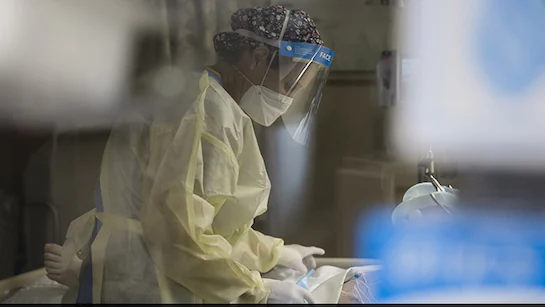














.jfif)
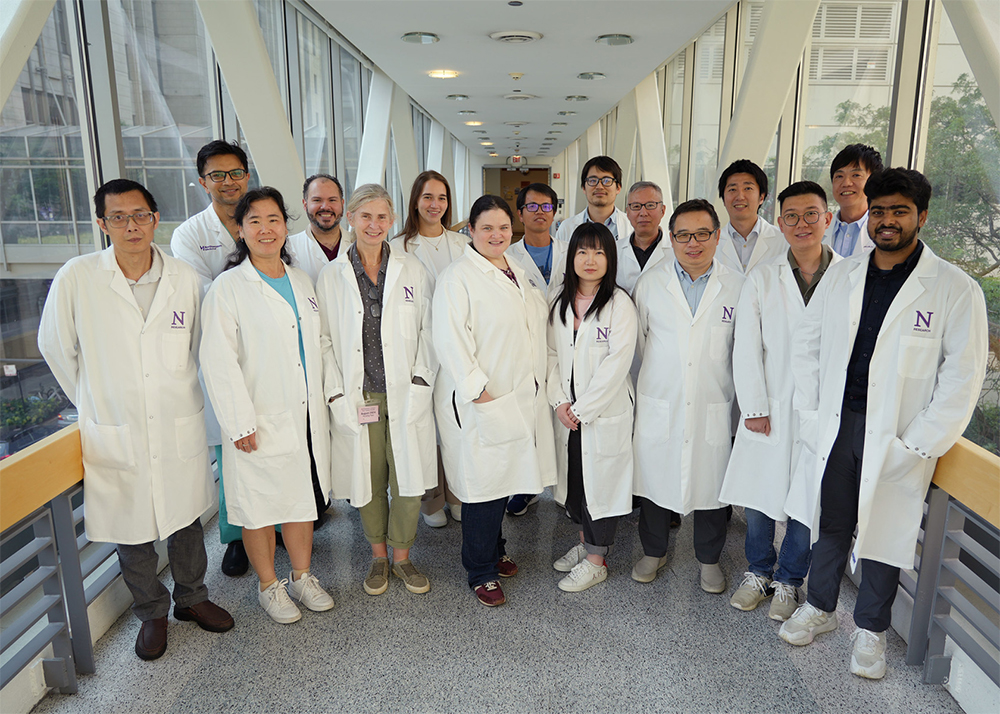

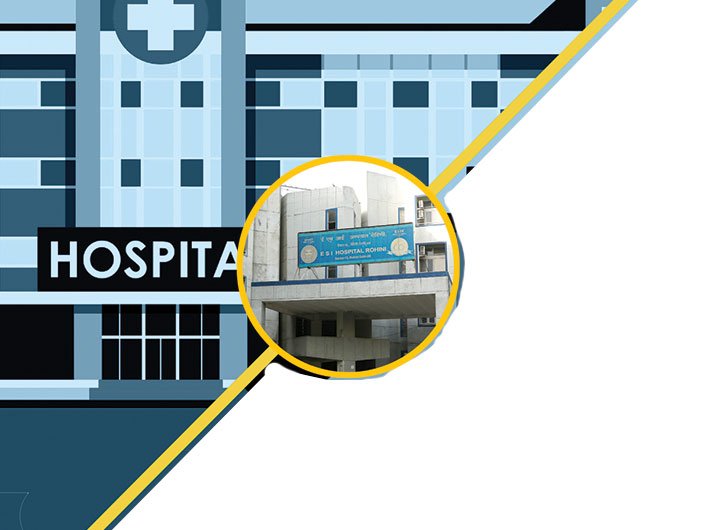

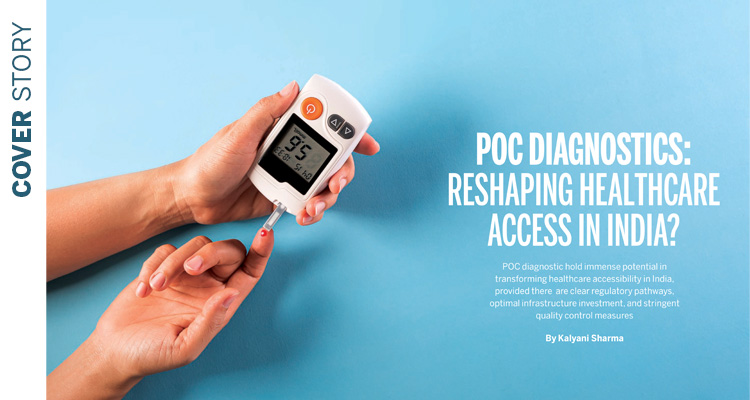
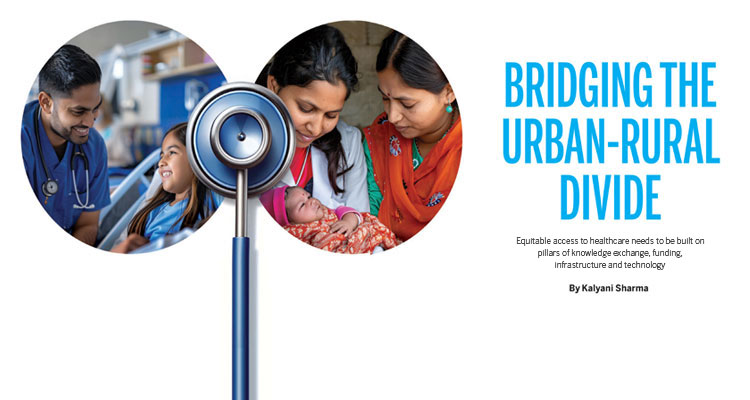



























































































.png)
 (1).png)























